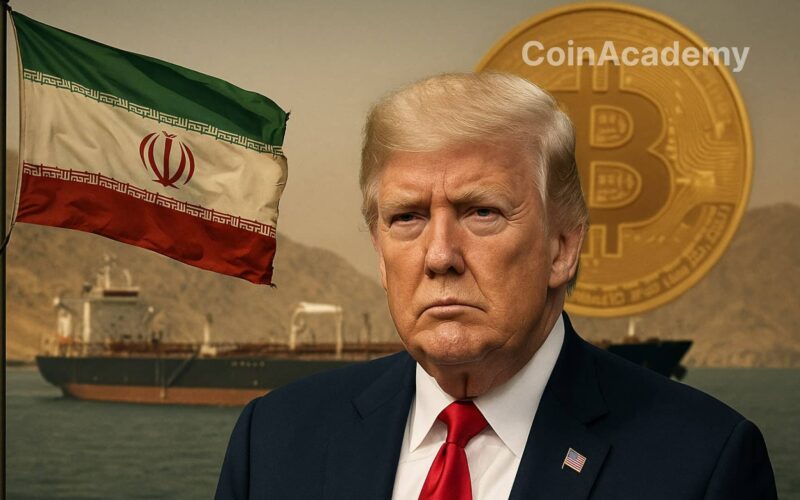The United States has carried out a large-scale military operation in Iran, destroying several nuclear sites with GBU-57 bombs, including the heavily guarded Fordow site.
Donald Trump hinted at a possible regime change in Tehran, contradicting the official White House line, while Iran retaliated with missile strikes towards Israel.
The threat of closing the Strait of Hormuz poses a significant risk to oil markets and could cause turbulence in gold, stocks, and cryptocurrencies like Bitcoin.
An Unprecedented Military Operation Led by the United States
The Iranian sky shook. On Sunday morning, seven American B-2 stealth bombers dropped fourteen GBU-57 ‘bunker buster’ bombs on three strategic nuclear sites in Iran. The operation, named ‘Midnight Hammer,’ marks a brutal escalation in the Israel-Iran confrontation, pushing Bitcoin below $99,000. One of the main targets was the heavily fortified Fordow site, buried under hundreds of meters of rock. For the first time, the United States used their 15-ton bomb in actual conflict, capable of penetrating these underground fortifications.
Trump Boasts, Pentagon Tempers
On Truth Social, Donald Trump did not wait for impact reports: “The term ‘obliteration’ is accurate!” he posted, claiming that the strikes had caused “monumental damage” and that “the biggest damage was well deep down.” He then revived an old threat: regime change. “If the current regime is unable to restore Iran’s greatness… why not consider a regime change? MIGA!“
A statement that openly contradicts the official line of his administration. Vice President JD Vance tried to defuse, stating:
We do not want regime change. We want to end their nuclear program and discuss a long-term agreement.
Iran Threatens to Retaliate… and Still Targets Israel
In Tehran, tensions escalated immediately. General Abdolrahim Mousavi stated that his forces were now “fully authorized to target American military interests“, hinting that the main retaliation could be directed towards Israel.
A few hours after the strikes, Iran launched new missiles at Israeli territory, causing 16 injuries. The Revolutionary Guards warned Washington of a “response that will bring regret.” And the Houthis, supported by Iran, announced resuming attacks on American vessels in the Red Sea.
The Shadow of Oil and the Global Economy
Behind the scenes, another bomb threatens to explode: the oil bomb. The Iranian parliament has voted to close the Strait of Hormuz, a vital passage for nearly 25% of global oil. The final decision rests with the Supreme National Security Council. Closure could push prices to record highs. Brent has already surged by 5.7% before stabilizing around $77.63.
A Red Line Crossed?
For Iran, this attack is a turning point. Foreign Minister Abbas Araghchi speaks of a “seriously crossed red line.” The international community reacts: China and Russia condemn the strikes, the UN speaks of a ‘direct threat to world peace’, while Europe calls for a return to nuclear negotiations.
Implications for the Markets, and Bitcoin
The situation is explosive, both literally and figuratively. The military escalation between nuclear powers worries investors. Historically, such geopolitics tensions boost gold prices… and lower Bitcoin, not yet seen as a true digital safe haven. If the Straits of Hormuz close and the US increases its presence, markets could react violently, including cryptocurrencies.




